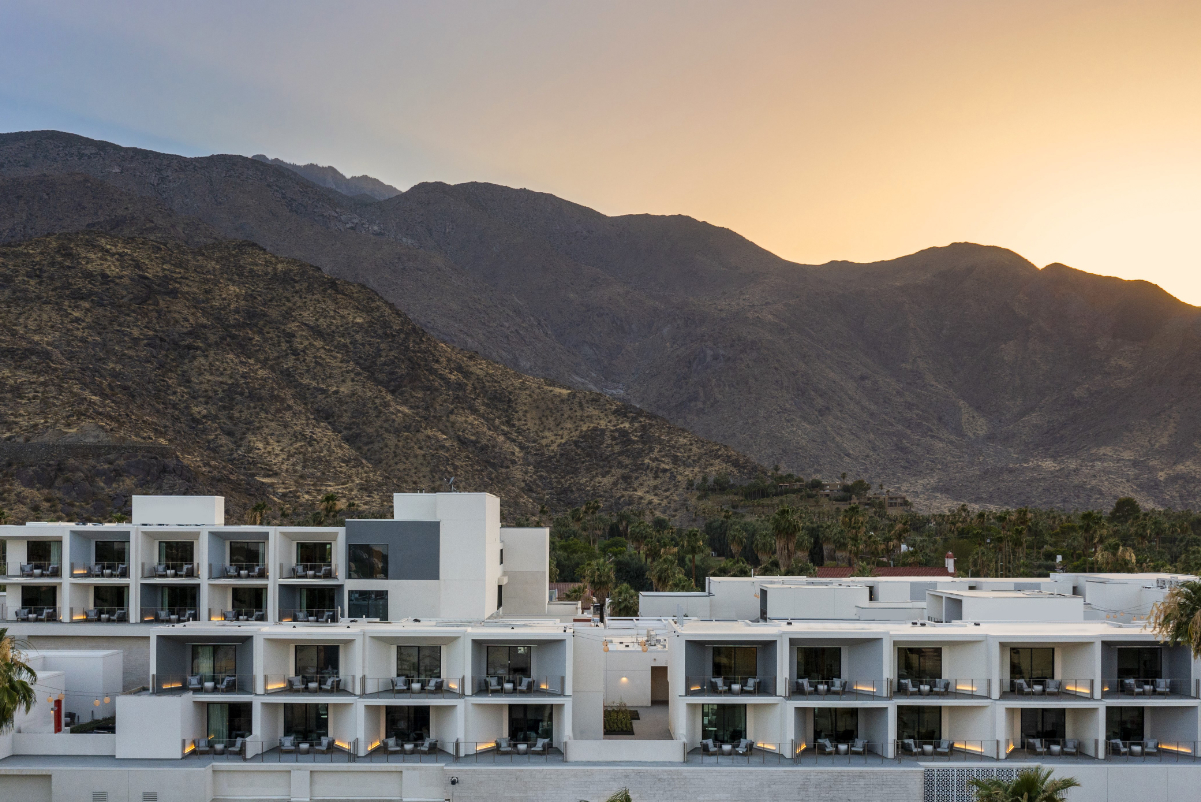Skift Take
Hyatt's larger rivals are racing to plant flags in every market. Hyatt is more selective and believes the payoff will be in attracting high-end consumers to its loyalty program.
Hyatt Hotels is selective in where and how it adds hotels to meet the expectations of its loyalty program members, who largely have high incomes.
"We have so much white space," said Mark Hoplamazian, president and CEO of Hyatt, on a Thursday earnings call to discuss third-quarter results. "We see places where we are way underpenetrated relative to our larger competitors."
In many cities and towns, rival hotel groups might have, say, 7 properties, while Hyatt has none within 30 miles.
"We're not running into ourselves in any market in the world, so we have a lot of space to grow," he said, noting that the growth would be "very welcome by our loyalty members."
Explosive Loyalty Program GrowthHyatt wants to be strategic about where and how it expands worldwide partly to maximize the value of its loyalty program, executives said.
Membership at Hyatt's rewards program surged 22% year-over-year, to 51 million members in the third quarter.
That statistic highlighted that the company is succeeding in signing up repeat customers — especially well-to-do travelers. The CEO said Hyatt's loyalty members typically "have relatively higher net worth and household income" than the average American.
Hoplamazian said one reason the company has been gaining some traction with travelers is that Hyatt is increasingly offering places to stay and types of stay at a broader array of price points, increasing the likelihood a loyalty member will find it easy to earn points and find appealing redemption options.
Broadly speaking, as room count grows, so does the loyalty member base. That dynamic is one reason Hyatt has tried to scale up by adding hotels in more places relevant to its potential gue

